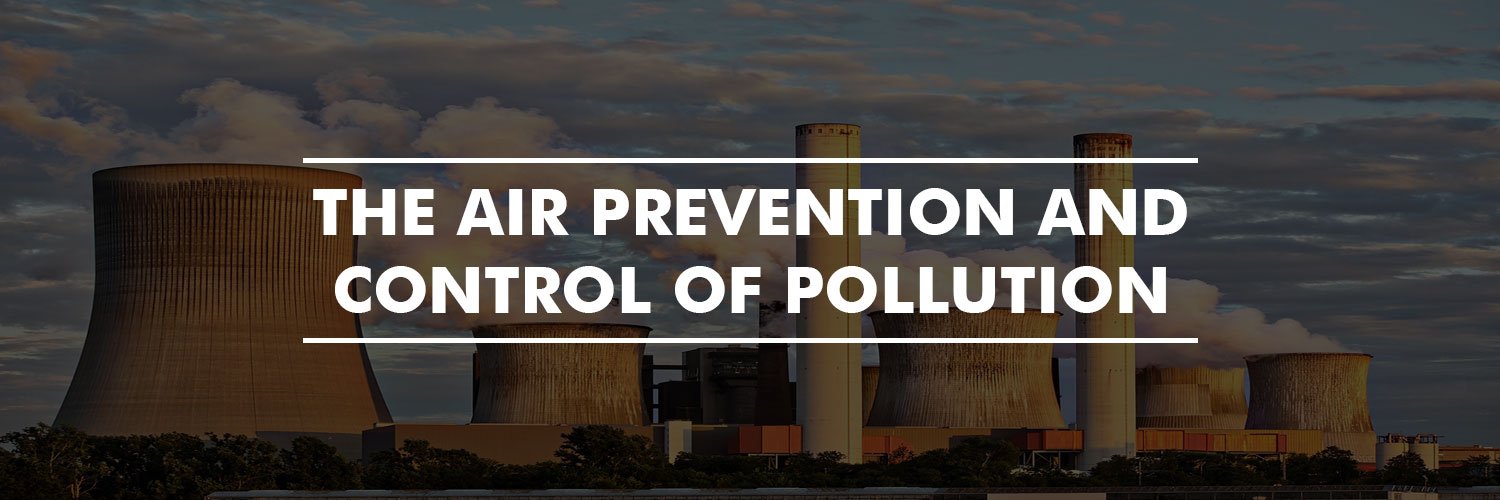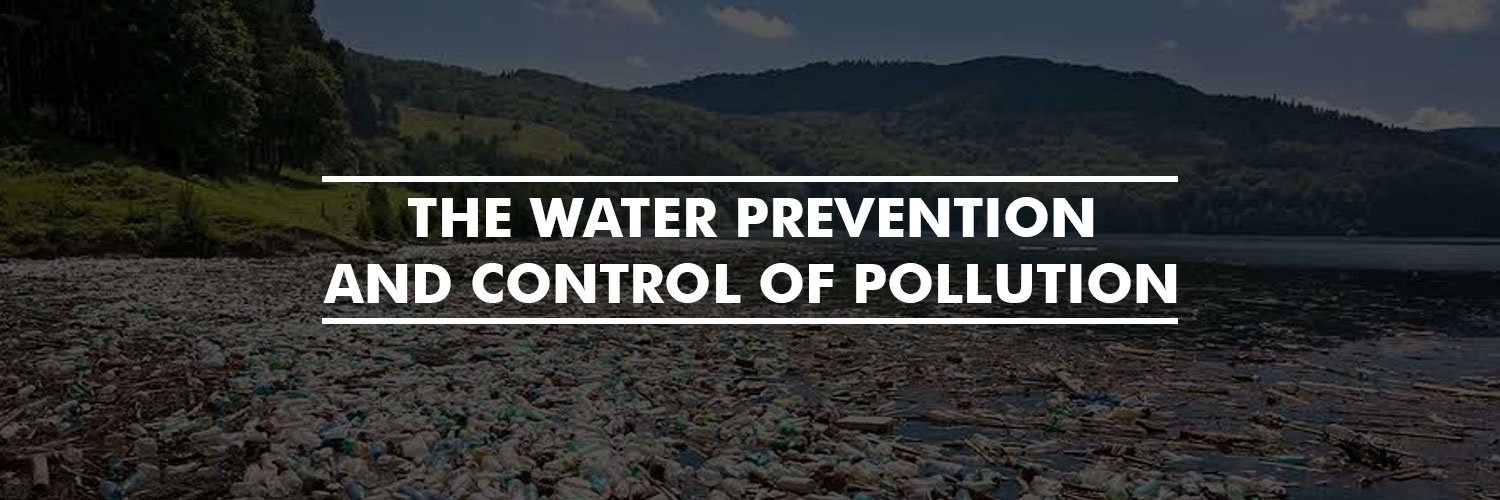Overview
In furtherance of the concept of sustainable development the implementation of Renewable Purchase Obligation (RPO) has been introduced in India. RPO is a mechanism through which certain entities are obliged to purchase a certain percentage of power from green sources also known as renewable energy sources.
Hindustan Zinc Ltd. v. Rajasthan Electricity Regulatory Commission
In pursuance of sustainable development, the Indian judiciary has been playing a major role. Since the inception of the right to clean environment as a fundamental right in India owing to the interpretation of Article 21 by the Supreme Court, there has been no looking back. The judgement of S.C. in the above-mentioned case is in furtherance of the same cause.
On May 13, 2015, the Supreme Court pronounced a landmark judgment dealing with the applicability of Renewable Purchase Obligations (RPO) regulations. In August 2012, the Rajasthan High Court had dismissed an appeal by Hindustan Zinc Ltd., Ambuja Cements Ltd., Grasim Industries Ltd. and 14 other companies that challenged RPO regulations enacted by the state regulator (Rajasthan Electricity Regulatory Commission; RERC). The above order of the Rajasthan High Court was challenged in the Supreme Court.
The Regulatory Commission has specified the purchase obligation from other renewable energy sources in respect of distribution licensees to promote cogeneration and generation of electricity from renewable energy sources as provided in Section 86(1)(e) of the Act of 2003. However, the petitioners were of the view that according to the Act of 2003, the Regulatory Commission is not authorized to make similar provisions in respect of Captive Generating Plants or consumers availing energy through open access, and still the said authority issued a public notice in November, 2006 showing intention to frame the Rajasthan Electricity Regulatory (Renewable Energy and Co-generation Obligation) Regulations, 2006. The Regulatory Commission proposes RE and cogeneration obligations to consumers availing energy through open access and/or having captive generating plants year wise to the extent of 4.88% in 2007-08, 6.25% in 2008-09, 7.45% in 2009-10, 8.50% in 2010-11 and 9.50% in 2011-12. The Regulatory Commission had also mentioned in the public notice that if any person intends to make any suggestions on the said Regulations, that may be done by 15th December 2006.
The High Court rejected the above petition stating. When the said matter was brought before the Hon’ble Supreme Court, the appeal of the petitioners was dismissed, and the Supreme Court upheld the RPO regulations made by RERC.
The court stated several significant points in its judgment:
- RPO as a tool for larger public interest:
“…The Right to live with healthy life guaranteed under Article 21 of the Constitution of India, it has also been interpreted by this Court. It included the Right to live in a pollution free environment and laid down the law in a catena of cases…”
“The impugned Regulations fall within the four corners of the Act of 2003 as well as Electricity Policy, 2005. The object of imposing RE Obligation is the protection of the environment and preventing pollution by utilising Renewable Energy Sources as much as possible in larger public interest.”
The Supreme Court further stated that;
“The Coal dominates the Thermal Power Generation which results in Green House Gases resulting in global warming. The said facts were brought to our notice that the same would certainly justify the case of the RERC in framing the impugned Regulation to achieve the object of the Act and the Constitution by imposing RE obligation on the captive gencos.”
- Application of RPO on Open Acess and Captive Power plants is within the ambit of the Electricity Act, 2003:
“The High Court has considered the submissions of the appellants and has rightly rejected the same on the ground that the RE obligation imposed on the captive gencos under the impugned Regulations is neither ultra vires nor violative of the provisions of the Act of 2003 and cannot in any manner be regarded as a restriction on the fundamental rights guaranteed to the appellants under the Constitution.”
- Cost restrictions of RPO cannot take precedence over the public’s right to a clean environment:
“The purchase of nominal quantum of energy from renewable resources cannot adversely affect the cost-effectiveness of the Captive Power Plant. Moreover, the object being a reduction of pollution by promoting a renewable source of energy, larger public interest must prevail over the interest of the industry….”
Conclusion
The judgement implies that the various companies who have not been buying green power by taking shelter under a legal ambivalence, now face enforcement of their obligations. The order will provide support to the State electricity regulators in imposing RPO regulations more effectively.









